It was revealed in a court filing this week that prior to its California patent trial against Samsung, Apple proposed a mutual agreement regarding cross-licensing patented 3G/UMTS technologies with the Korean company under what it considered to be FRAND terms.
A recently unredacted letter from Apple's property licensing director Boris Teksler to his counterpart at Samsung, Seongwoo Kim, described a reciprocal deal in which each company would pay royalty rates for the other's 3G/UMTS wireless patents under the same FRAND principles. The letter, which was included in a flurry of post-trial filings, was dated April 30, 2012, just three months before the Apple v. Samsung jury trial began.
In its proposal, Apple said it would license Samsung's 3G/UMTS patents under fair, reasonable and non-discriminatory (FRAND) terms, rather than the 2.4 percent requested by the Korean company, if Apple's own wireless patents were licensed at rates calculated using the same approach.
The letter points out more than once that Samsung hasn't offered evidence of any company paying a royalty similar to the 2.4 percent of average selling price (ASP) it requested of Apple.
Apple is willing to license its declared-essential UMTS patents to Samsung on license terms that rely on the price of baseband chips as the FRAND royalty base, and a rate that reflects Apple’s share of the total declared UMTS-essential patents (and all patents required for standards for which UMTS is backward-compatible, such as GSM)— provided that Samsung reciprocally agrees to this same, common royalty base, and same methodological approach to royalty rate, in licensing itsdeclared-essential patents to Apple.
Apple estimates that this approach, which implements the true meaning of and requirements imposed by FRAND, results in a $.33 (thirty-three cents) per unit royalty for the Apple patents. Apple will today license its declared-essential UMTS patents to Samsung at that rate, provided Samsung reciprocally agrees to the FRAND principles that result in that rate. This rate would be applied to all Samsung units that Apple has not otherwise licensed. Samsung would likewise need to agree that it would only charge royalties on Apple units that Samsung has not otherwise licensed.
Apple asked that Samsung respond by May 7, and while it is unclear whether any further discussion took place, the apparent outcome was not deemed copacetic by one or both parties.
During the landmark patent case, a separate but similar licensing deal was discovered to have been floated by Apple, with the company asking Samsung to license certain iPhone and iPad patents for $30 and $40, respectively.
 Mikey Campbell
Mikey Campbell







-m.jpg)






 Marko Zivkovic
Marko Zivkovic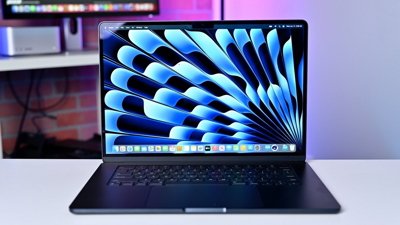
 Wesley Hilliard
Wesley Hilliard
 Christine McKee
Christine McKee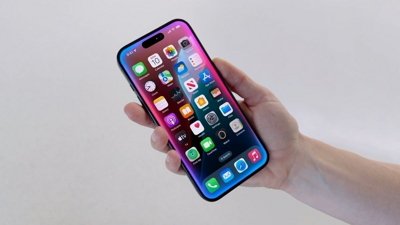
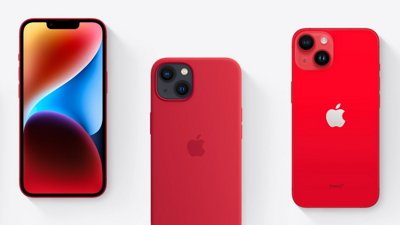
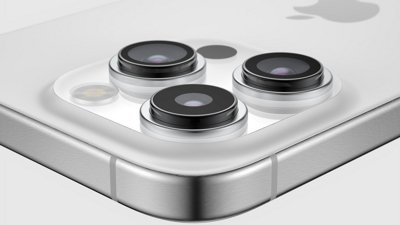
 Malcolm Owen
Malcolm Owen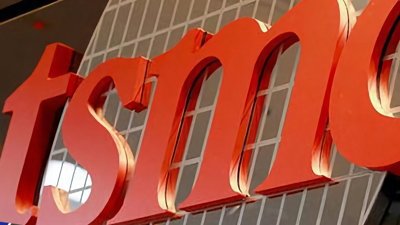
 William Gallagher
William Gallagher
 Andrew O'Hara
Andrew O'Hara







37 Comments
From what we see as spectators of all this wrangling, you can't help but get the impression that Samsung's management doesn't even understand what's being disputed.
From what we see as spectators of all this wrangling, you can't help but get the impression that Samsung's management doesn't even understand what's being disputed.
Very much doubt that, Samsung know full well what is being questioned with concern to their behaviour and intentionally copying Apple products!
Gotta give Apple credit for not bringing their FRAND pledged patents into the courtroom or ITC, unlike Samsung, Moto, and HTC.
Everyone pegs Apple as the aggressor and bully, conveniently forgetting all the patent attacks and unreasonable licensing demands made against them. How can Apple be expected to be the one lone company that just gives in to every demand and violation and won%u2019t play hardball?
From what we see as spectators of all this wrangling, you can't help but get the impression that Samsung's management doesn't even understand what's being disputed.
Samsung's management know very much what they are doing.
Using FRAND based patents as a bludgeon to extort Apple into licensing their other, non-FRAND, iOS based IP, thus forcing Apple to take legal action.